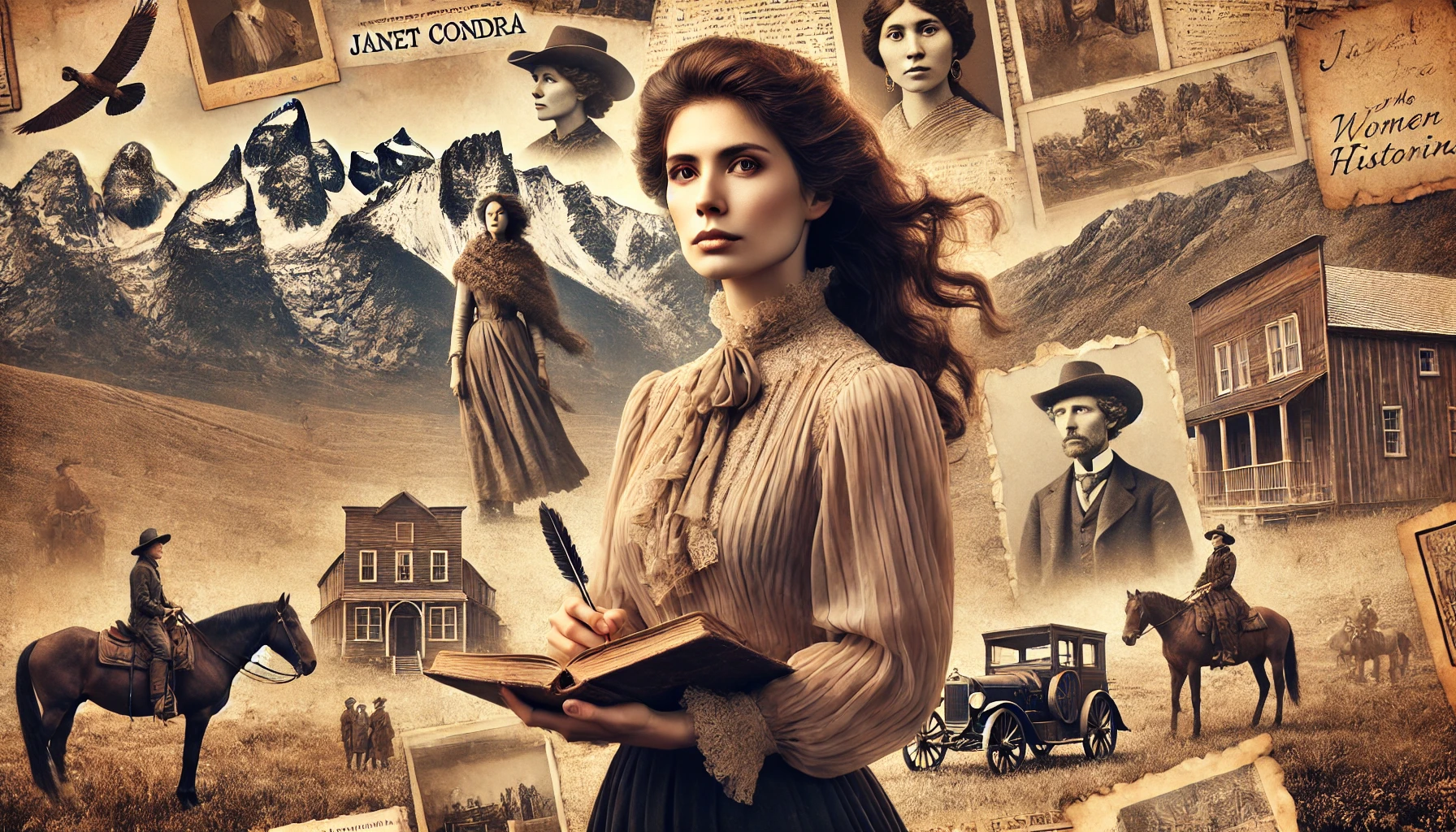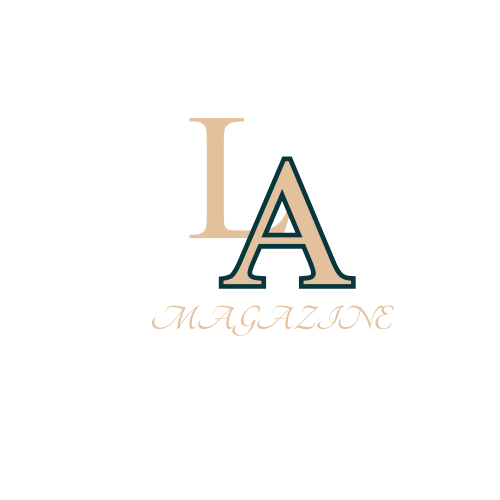Introduction To The Janet Condra
Janet Condra stands as a pivotal yet often underrecognized figure in the study of the American West, blending rigorous scholarship with a narrative flair that captures the essence of frontier life. As one of the foremost women historians in her field, Condra’s work illuminates the complexities of Western expansion, gender roles, and cultural intersections. This essay explores her life, contributions to Western writings, and enduring legacy, underscoring her role in reshaping perceptions of American culture and history.
Early Life and Education: Foundations of a Historian
Born in the mid-20th century in Colorado, Janet Condra grew up immersed in the landscapes and stories of the American West. Her childhood in a rural ranching community fostered a deep connection to the region’s history, while her family’s oral traditions highlighted the resilience of frontier women—a theme that would later dominate her work.
Condra pursued higher education at the University of Texas at Austin, earning a Ph.D. in American History with a focus on the 19th-century West. Her academic journey was shaped by mentors like renowned historian Patricia Limerick, who emphasized the importance of environmental and cultural narratives. Condra’s thesis on women’s diaries during the Oregon Trail migration laid the groundwork for her interdisciplinary approach, merging social history with literary analysis.
Career and Contributions to Western Writings
Condra’s career spans over four decades, during which she authored seminal books, curated museum exhibitions, and advocated for inclusive historiography. Her debut work, Voices from the Frontier: Women’s Narratives of the American West (1985), challenged male-dominated accounts of Western expansion by centering women’s experiences. This groundbreaking text established her as a leading voice in feminist Western historiography.
Key Works and Themes
- “Beyond the Prairie Sky: Gender and Survival on the Frontier” (1992)
This book examines how women navigated the harsh realities of frontier life, from homesteading to community-building. Condra argues that women’s labor—both domestic and entrepreneurial—was central to the West’s development. - “Shifting Borders: Native Americans and Settler Colonialism” (2001)
Here, Condra critiques the myth of “manifest destiny,” exploring the violent displacement of Indigenous communities and the cultural hybridity that emerged from cross-cultural encounters. - “The Dust Bowl Revisited: Ecology and Memory” (2010)
Condra’s environmental history of the 1930s Dust Bowl ties ecological crises to socioeconomic policies, offering lessons for contemporary climate challenges.
Major Themes in Condra’s Work
Condra’s scholarship revolves around three interconnected themes:
- Gender and Agency
Her work dismantles the stereotype of the passive pioneer woman, instead portraying figures like ranchers, teachers, and activists who shaped Western society. - Cultural Encounters and Conflict
Condra emphasizes the West as a site of cultural exchange and tension, particularly between Indigenous nations, Hispanic communities, and Anglo settlers. - Environment and Identity
She links land use to cultural identity, arguing that the West’s aridity and vastness forged unique communal bonds and survival strategies.
Writing Style and Methodology
Condra’s prose is both accessible and evocative, blending academic rigor with vivid storytelling. She often incorporates primary sources—letters, diaries, and oral histories—to humanize historical figures. Her interdisciplinary approach draws from anthropology, ecology, and literary theory, offering a holistic view of Western history.
In Voices from the Frontier, she writes:
“The West was not won; it was negotiated—through blistered hands, whispered prayers, and the quiet defiance of women who refused to be erased.”
Impact and Legacy in American Culture

Condra’s influence extends beyond academia. She advised on documentaries like The West (1996) by Ken Burns, ensuring women and minorities were represented. Her exhibitions at the Smithsonian and Autry Museum brought Western history to broader audiences, while her mentorship nurtured a generation of women historians.
Awards and Recognition
- Western History Association’s Lifetime Achievement Award (2015)
- National Humanities Medal (2018)
Despite her accolades, Condra remains critical of the romanticized “Wild West” myth, urging scholars to confront its legacies of colonialism and inequality.
FAQs About Janet Condra
1. What distinguishes Janet Condra’s approach to Western history?
Condra prioritizes marginalized voices, particularly women and Indigenous peoples, challenging traditional narratives dominated by male pioneers.
2. How has Condra influenced modern historiography?
Her interdisciplinary methods have inspired historians to integrate environmental, gender, and cultural studies into Western scholarship.
3. Are Condra’s works accessible to general readers?
Yes; her engaging style makes her books popular among both academics and history enthusiasts.
4. What is Condra’s stance on contemporary Western issues?
She advocates for environmental conservation and Indigenous rights, viewing history as a lens to address present-day challenges.
Conclusion
Janet Condra’s scholarship has redefined the American West as a dynamic, multicultural space shaped by collaboration and conflict. By amplifying silenced voices and interrogating myths, she has enriched our understanding of American culture and identity. As Western writings continue to evolve, Condra’s legacy endures—a testament to the power of history to inspire empathy and justice.




